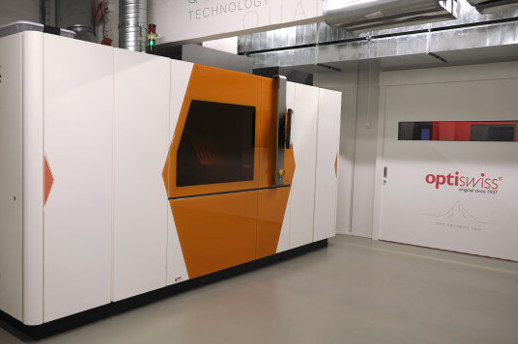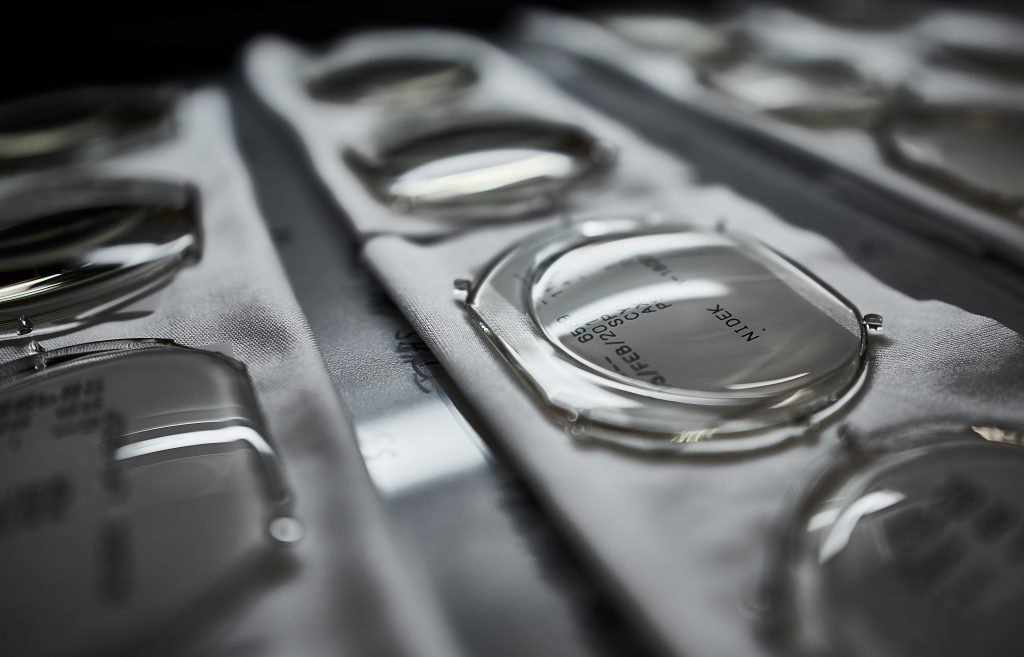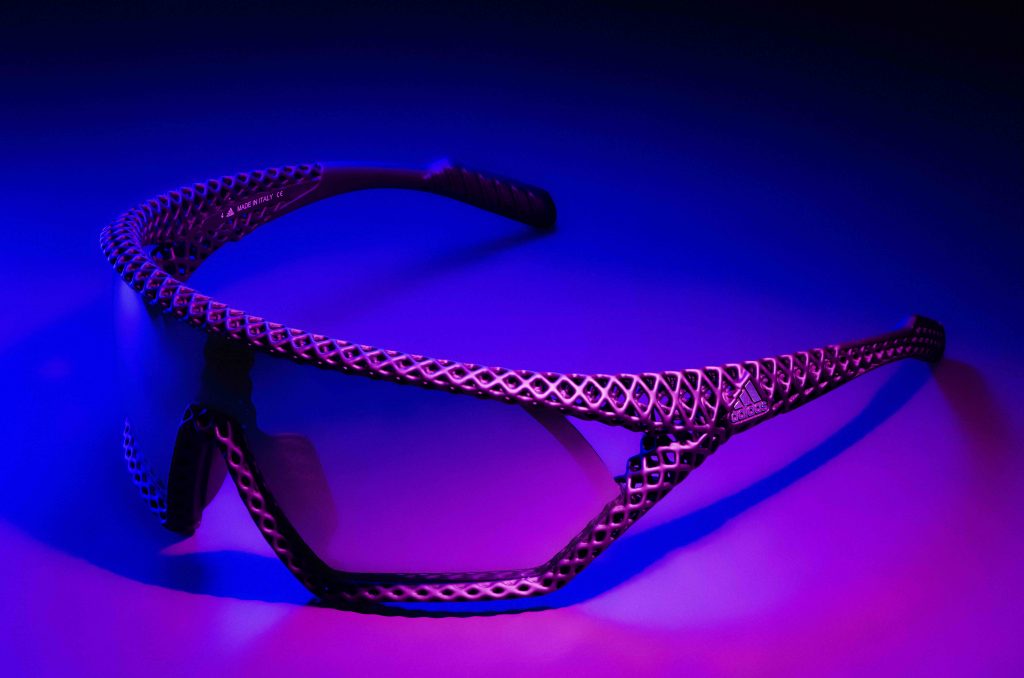China3D printingNet September 13th, prescription lenses3D printingExpert Luxexcel announced the establishment of a business partnership with lens manufacturer Optiswiss.
As part of the transaction, Optiswiss installed Luxexcel’s VisionPlatform 7 in its Swiss laboratory, allowing these companies to bring 3D printed lenses to eyewear manufacturers as a whole, whether for ordinary frames or advanced “smart” equipment.
Luxexcel CEO Fabio Esposito explained: “We have found a partner at Optiswiss who shares our vision, that is, to be at the forefront of innovation in the smart glasses industry. Our technology is combined with Optiswiss’ experience as a lens manufacturer to ensure Smart glasses manufacturers can bring smart devices to the market to meet the needs of people with prescriptions.
This sharing strategy will accelerate the delivery of’Made in Switzerland’ prescription lenses, which are ideal for smart glasses devices. “

Luxexcel’s VisionPlatform 7 is installed at Optiswiss’ Basel plant. Photo from Luxexcel.
Luxexcel is headquartered in Eindhoven, the Netherlands, specializing in manufacturing 3D printingMachines, software and materials required for prescription lenses. The company’s system revolves around its proprietary “vision engine” technology, which effectively involves spraying tiny droplets of resin onto a build plate layer by layer and then UV curing them into a lens shape.
Unlike traditional lenses, Luxexcel said that lenses produced through its printers do not require grinding or polishing, and about 30 steps are removed from the manufacturing process. Using the company’s technology, it is also possible to print directly onto glass or polymer to make it compatible with commercial frames, while adding films or LCD screens to such frames to make them have augmented reality (AR) capabilities.
In the past six months, Luxexcel has made significant progress in its AR-related products and established a partnership with WaveOptics in February. The company has begun 3D printing AR prescription smart glasses. Since then, the company has launched VisionPlatform 7, a machine specifically designed to integrate 3D printed lenses directly into smart glasses during the production process.
In terms of output, the company has recently achieved some milestone achievements, reflecting the increase in the speed of its lens manufacturing. After reaching the milestone of 5,000 prints per year in 2019, Luxexcel broke the 50,000 overall milestone less than two years later, so through a new deal with Optiswiss, the company now aims to better market to frame manufacturers Its advanced technology.

Luxexcel has now 3D printed more than 50,000 prescription lenses using its proprietary VisionPlatform technology. Photo from Luxexcel.
Commercial Smart Lens
The Luxexcel and Optiswiss deal has allowed the latter to install VisionPlatform 7 in its ophthalmology facility in Basel. Looking to the future, the machine will be used by eyewear manufacturers as a production facility, and they will be able to use the equipment to manufacture AR lenses on a large scale and accelerate the launch of various optical smart devices.
According to Optiswiss, the simplicity of the platform makes installation attractive because it turns lens production into a “one-step” process, and “efficiency” such as 3D printing of coatings may also prove beneficial to product quality.
Optiswiss CEO Samuel Frei said: “We are delighted to join Luxexcel to provide prescription lenses for smart glasses. We now have a digital manufacturing platform that can combine prescription lenses with today’s smart technology. , Including a clear way to achieve mass production of prescription smart glasses.”
At the same time, for Luxexcel, the partnership puts its machine into production in one of Europe’s largest optical manufacturing laboratories, which shipped 2.5 million lenses last year to test its system in an unprecedented way .
“We will work with Luxexcel to develop groundbreaking products and bring them to market quickly,” Frei added. “By adopting innovative technologies such as VisionPlatform 7, we can provide customers with prescription smart glasses solutions and give them an advantage in the competition.”

In addition to producing lenses, 3D printing is increasingly being used to make custom spectacle frames. The photo is from Adidas.
Customized 3D printed glasses
The inherent flexibility of 3D printing provides plenty of opportunities for customization, so it may represent an ideal technology for manufacturing custom spectacle frames. Like Luxexcel, Materialise has also recently entered the field of optical 3D printing, after acquiring software developer Ditto to develop online glasses try services.In terms of sports, Adidas revealed last month that it has partnered with Marcolin Group to 3D print “3D CMPT” sports sunglasses. The glasses weigh only 20 grams and use a unified nylon structure, which is said to provide users with breathability, and its one-piece rubber coating is designed to have a shock absorption effect.
In the past, French eyewear brand MOREL also cooperated with service provider INITIAL to mass-produce 3D printed glasses for consumers. Using SLS, polyamide-based nylon and common orthodontic material β-titanium, these companies have been able to produce thousands of frames with unique velvet texture.
China3D printingNet compile article!
(Editor in charge: admin)


0 Comments for “LUXEXCEL cooperates with OPTISWISS to bring 3D printed smart glasses to the market”